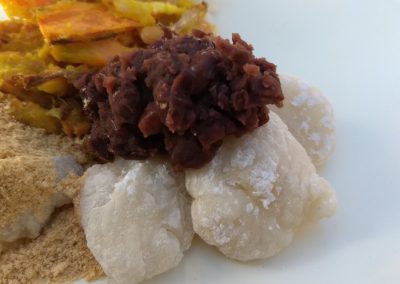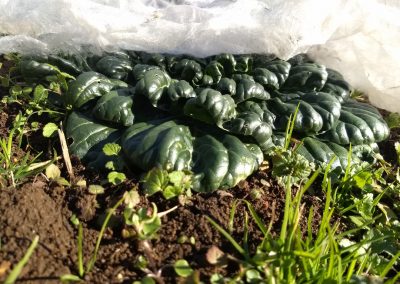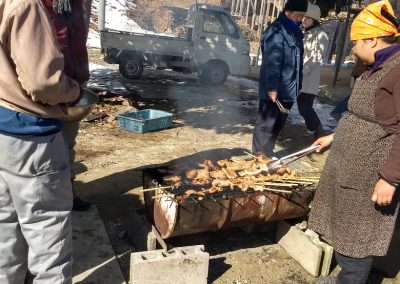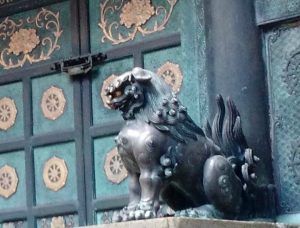“Take my hand which has labored in the soil
Together we will stand for together we must toil
To build a world where hunger will not keep the people chained
To build a world that will still bear fruit tomorrow.”
For economists, freedom is merely the ability to choose, as your own individual self, how to engage in the free market. If you’re pessimistic, like the Marxian Stolz in his book Bad Water, this means individuals only have the ‘freedom’ to pick where they want to buy food they’re alienated from or sell their produce to a few equally exploitative corporations. If you’re more optimistic, this definition of freedom means you can choose what will be best for your sense of security and health, like a consumer cooperative. But ARI has a very different view on what it means to be free.
Freedom at ARI is closely tied to sustainable food production and consumption. If you are struggling with merely eating enough each day, you cannot be free – you cannot be the fullest you that you can be. You’re enslaved to a system, whether that is a polluted environment that can no longer support healthy human life or to a market system that threatens to take away your livelihood at every turn. Just how much can you choose if you can’t even feed yourself, your family, and your community?
ARI takes food and life as one and the same. This is reflected everywhere, but nowhere is it more salient than in the ARI term “foodlife”. Each morning and evening, everyone on the farm participates in foodlife work, which can be anything from cooking meals to caring for the chickens to mixing compost to harvesting carrots. For participants whose communities struggle daily to produce enough food to eat and sell because of a changing environment, changing agricultural rules, and changing expectations, food is literally the difference between life and death. For people like my fellow St. Olaf classmates, we don’t have to think about that. We’re unconnected to our food, but that means we constantly have access to it. Even at ARI, if you have money, you have the freedom to choose not to eat at ARI and instead bike down to the 7-Eleven or a downtown ramen shop for dinner.
But is personal freedom the real definition? If we just gave everyone money to buy food, would they be free? I don’t think that’s the answer ARI is looking for, and it’s not the answer I’m looking for either. No one is completely isolated from other people, the environment, and zillions of other things outside their control, so you can never choose completely of your own will. Framing freedom as individual choice disenfranchises the poor and the socially weak, who don’t have the resources or the circumstances (both of which are often outside their control, it’s not like you’d choose to be starving) to simply choose a better life. In Fukushima after the triple disaster, some farmers worked as part of the nuclear clean-up crew, alongside day laborers from Tokyo’s slums. They lacked the freedom of choice – they couldn’t move away, but their land was unusable and they needed to eat somehow. Their way to feed themselves was twisted by a disaster; no longer could they rely on their own farms, which had sustained their families for generations and they understood deeply. They were no longer free, but instead chained by dependence.
When Mr. Osamu of ARI first spoke with St. Olaf, he told us that food self-sufficiency is human independence, because food and life cannot be separated. They are one, they are collectively foodlife. The first verse of “Take My Hand” ends with this:
“Until the day we all can feed ourselves we never will be free.”
So, when will we be free?




